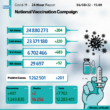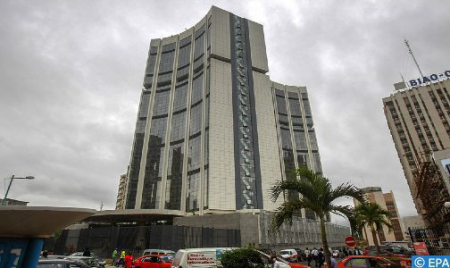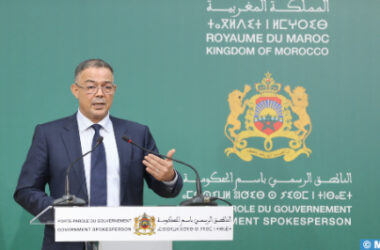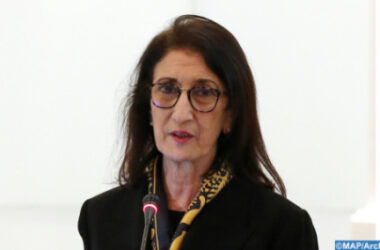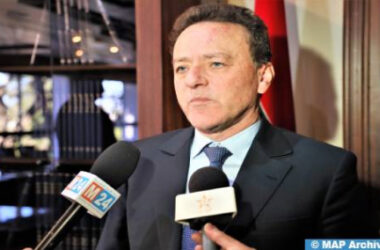This new operation forms part of the African Emergency Food Production Facility to help boost food security, nutrition, and resilience across Africa, said the AfDB in a statement.
The program will help reduce Morocco’s cereal imports, focusing on improving productivity and the resilience of cereal production to climate change. It also provides for structural reforms that will lead to more efficient and resilient production systems, the same source added.
“With this new program, we share a strong ambition to strengthen the performance of the cereal sector and consolidate its climate resilience through renewed governance,” said Martin Fregene, Director of the Agriculture and Agribusiness Department at the African Development Bank, quoted in the statement, adding that “our support consolidates previous achievements which, over more than a decade, have enabled the agricultural sector to move from a production logic to a transformation dynamic, which creates many more jobs in rural areas.”
“The loan will help increase cereal productivity by 50%, reduce cereal imports by 20% by 2030 and increase farmers’ incomes,” said, for his part, Achraf Hassan Tarsim, the Bank’s Country Manager for Morocco.
“In sum, the project will value and create more jobs for rural youth and women,” he added.
The Competitive and Resilient Cereal Development Support Program aligns with the Bank’s ‘High 5’ strategic priorities. It is also in line with Morocco’s new agricultural strategy, ‘Generation Green 2020-2030.’
The African Development Bank’s engagements in Morocco date back over half a century, with total commitments of more than €12 billion. The portfolio covers health, energy, water, transport, human development, agriculture, and the financial sector, according to the statement.



